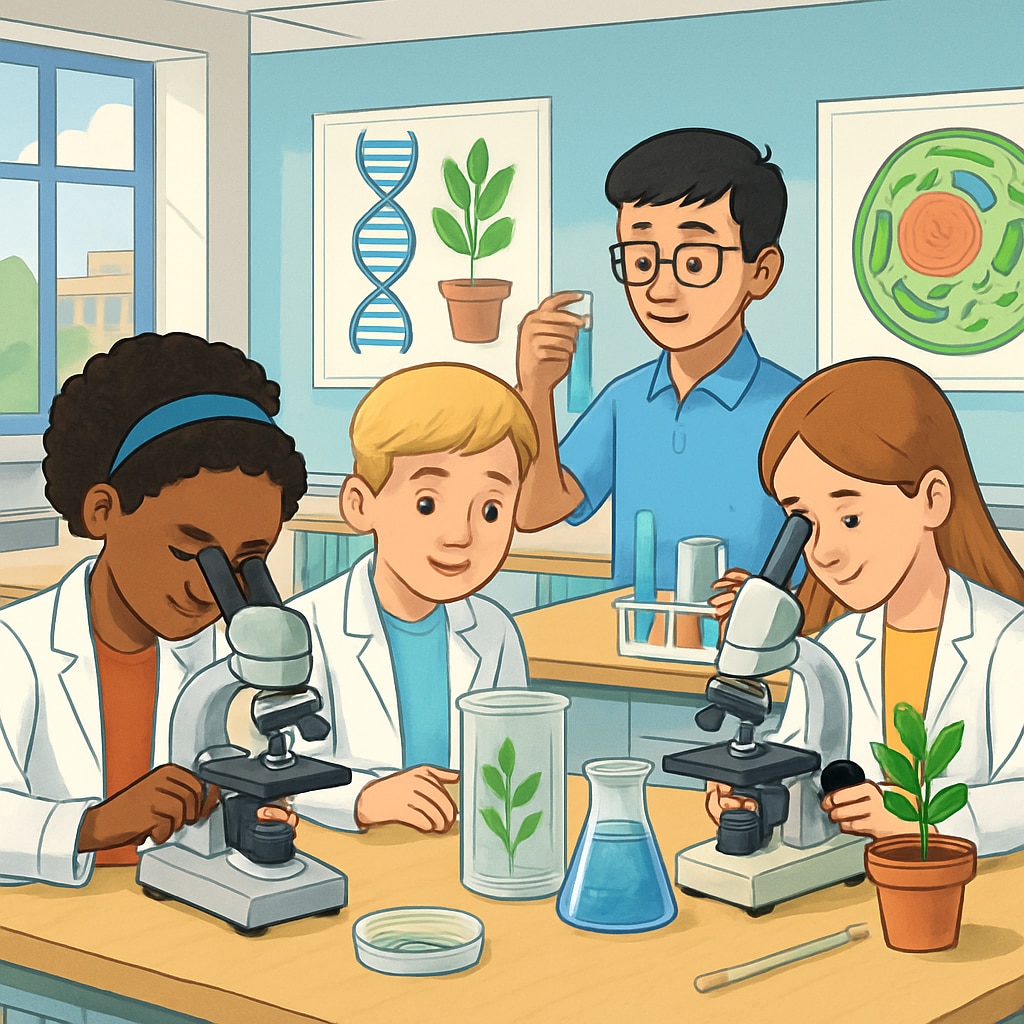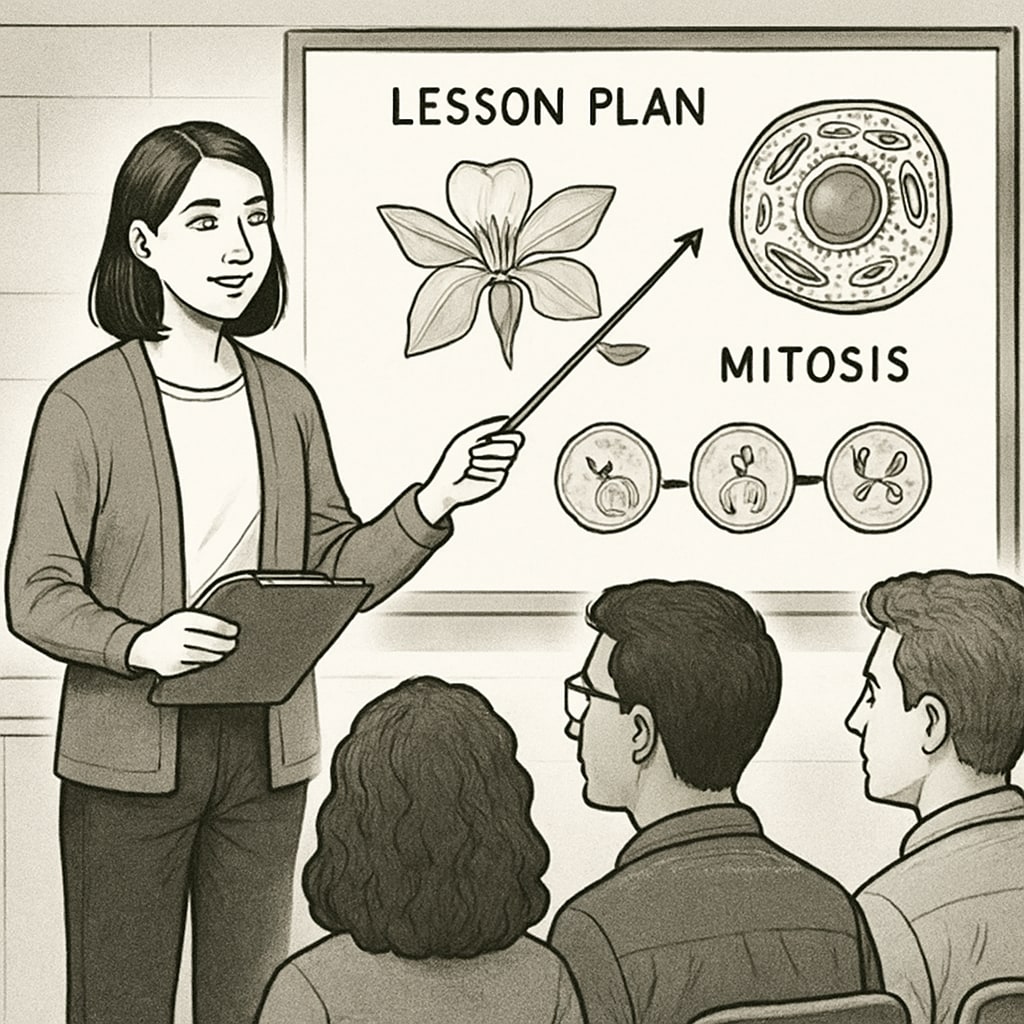Transitioning from a biology background to pursuing a master’s degree in education may seem unconventional at first glance. However, this academic and career shift can be both feasible and rewarding for those passionate about teaching and sharing scientific knowledge. This article delves into the challenges and opportunities of such a transition, offering practical insights to help biology graduates successfully navigate their path into the education field.
Why Transition from Biology to Education?
Biology graduates often possess strong analytical skills, attention to detail, and a foundation in scientific inquiry, which can be highly valuable in the education sector. For example, STEM (Science, Technology, Engineering, and Mathematics) education has gained significant traction in recent years, with schools and institutions emphasizing the importance of cultivating scientific literacy. Biology professionals can leverage their expertise to contribute meaningfully to this growing field.
Moreover, transitioning from a biology lab to an education environment allows individuals to make a direct impact on the next generation of learners. By teaching biology and other sciences, educators play a critical role in shaping societal understanding of complex scientific issues, such as climate change, public health, and biodiversity conservation.

Challenges in Switching Disciplines
While the transition from biology to education offers exciting opportunities, it is not without its challenges. One notable hurdle is the difference in skill sets required. Biology graduates are often trained in research methodologies and technical expertise, whereas education focuses on pedagogy, curriculum development, and classroom management. Adapting to these new demands may require additional training and practice.
Another potential challenge is the perception of switching career paths. Some individuals may worry about leaving behind years of scientific training to pursue a seemingly unrelated field. However, interdisciplinary approaches are becoming increasingly valued, and educators with STEM backgrounds are seen as assets in many academic institutions.
Practical Tips for a Successful Transition
If you’re a biology graduate considering a master’s in education, here are some practical steps to ensure a smooth transition:
- Research education programs: Look for master’s programs that specialize in STEM education or offer opportunities to integrate your biology expertise into teaching practices.
- Gain teaching experience: Volunteer or work as a teaching assistant to familiarize yourself with classroom dynamics and instructional methods.
- Build transferable skills: Focus on communication, leadership, and adaptability, which are essential for educators.
- Network with professionals: Connect with individuals who have successfully transitioned from STEM to education to gain insights and guidance.
In addition, consider highlighting your biology background during the application process for education programs. Admissions committees often value unique perspectives that enrich their academic community.

The Value of Cross-Disciplinary Expertise
The intersection of biology and education creates opportunities for innovation. Educators with biology backgrounds are uniquely positioned to design engaging, science-based curricula and inspire curiosity among students. Furthermore, interdisciplinary expertise can lead to leadership roles in STEM education advocacy, curriculum development, and policy-making.
For example, organizations like the National Science Teaching Association (NSTA) actively promote the integration of STEM education, highlighting the importance of skilled educators with scientific knowledge. Similarly, interdisciplinary research in education has shown that STEM educators with real-world scientific experience can significantly enhance student learning outcomes (STEM education on Britannica).
Conclusion
Transitioning from a biology background to pursuing a master’s in education is a challenging but rewarding journey. By leveraging scientific expertise and embracing new educational practices, biology graduates can contribute significantly to STEM education and inspire future generations of learners. If you’re considering this path, take the time to explore programs, gain teaching experience, and build transferable skills to ensure a successful transition.
Ultimately, the combination of biology and education opens doors to impactful careers that bridge the gap between scientific knowledge and the classroom, making it a worthwhile endeavor for those passionate about teaching and learning.


